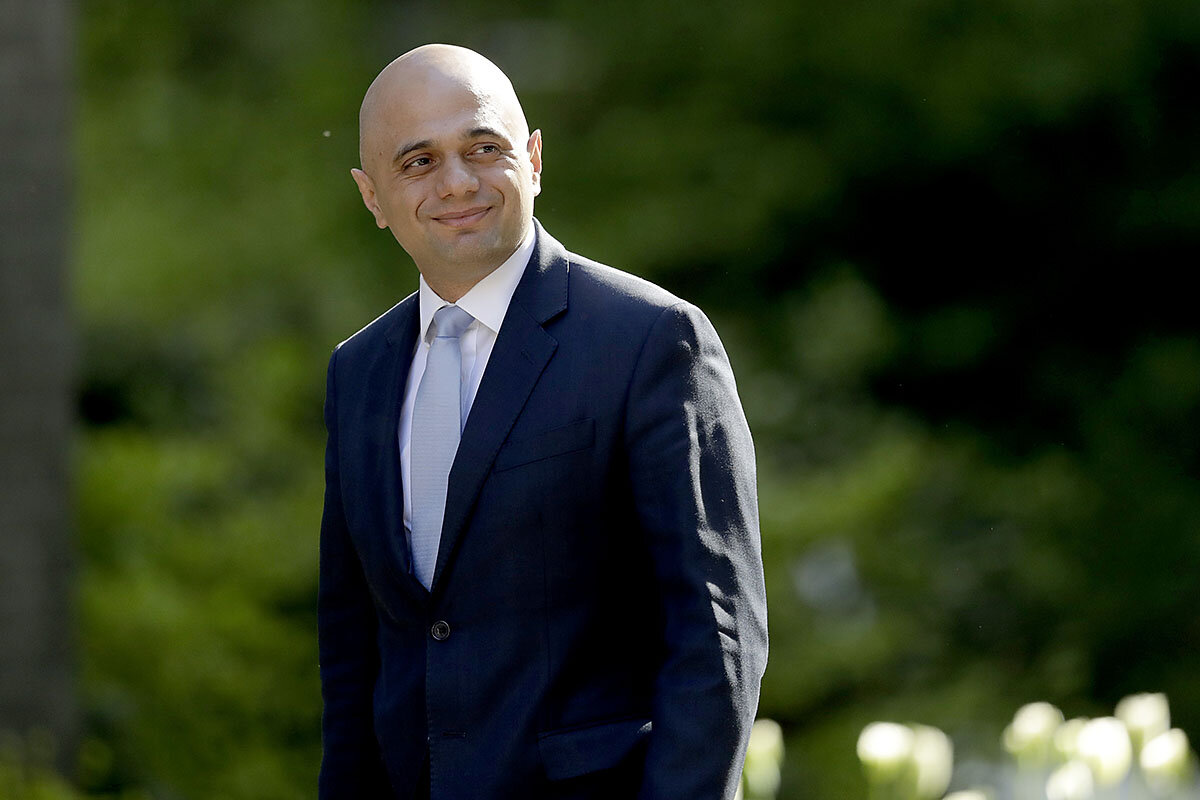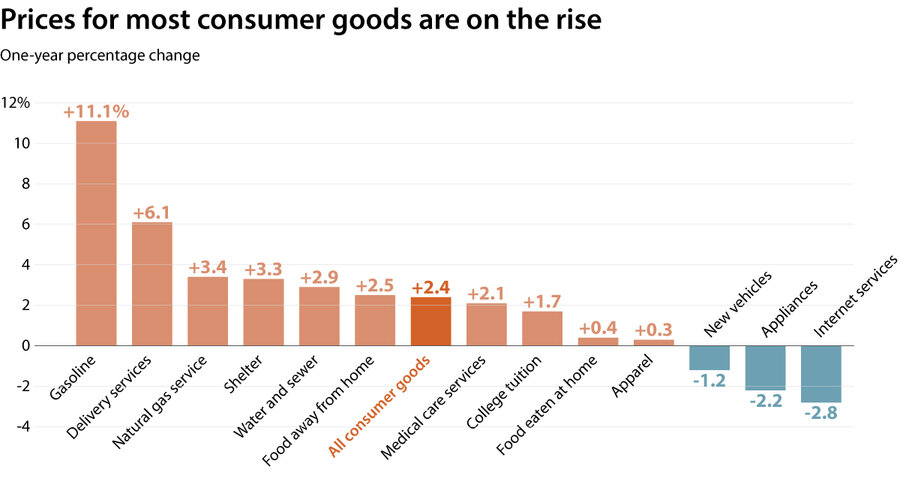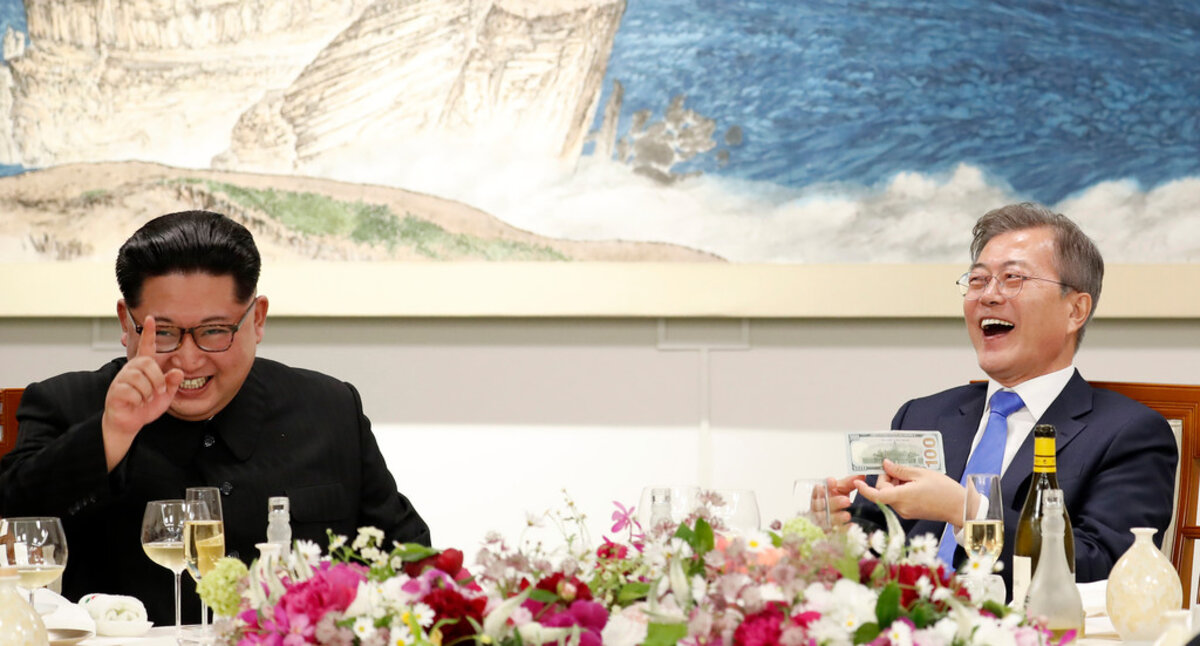The appointment of a new, key cabinet minister is always an opportunity to refresh government policy. But new British Home Secretary Sajid Javid, who epitomizes the immigrant success story, could usher in changes that quell public fears about jobs and security which have led to a more closed-border approach.
Monitor Daily Podcast
- Follow us:
- Apple Podcasts
- Spotify
- RSS Feed
- Download
 David Clark Scott
David Clark Scott
We have important stories today about the US economy and global immigration. We’ll get to those below. But did you notice that Tiger Woods gave a personal golf lesson to a teenage girl with a winning smile from Nepal? She borrowed Mr. Woods’s own clubs and hit barefoot.
What makes her special?
Pratima Sherpa is the 18-year-old daughter of two laborers at the Royal Nepal Golf Club in Kathmandu. Her parents make $2.50 per day and the family lives in a maintenance shed next to the fourth hole. But since the age of 11, Ms. Sherpa has been playing – and beating all comers. She may be the best female golfer in Nepal.
While that’s not a large field of contenders, she is part of an emerging equity shift giving women in Nepal more job opportunities. For example, young women like Sherpa are learning how to become mountain-climbing guides for tourists. In 2015, the country elected its first female head of state.
Sherpa was in New York last week for the première of an ESPN film about her remarkable life. She was flown to Florida to meet Woods, and then, back to her shed in Nepal.
Golf may be an unlikely path out of grinding poverty. But Sherpa is determined to make it as a professional golfer. And while that’s a tough Everest to summit, her cheerleading squad is growing.
Now to our five selected stories, including emerging shifts in economic and political perspectives in the United States and Britain, as well as credible paths to progress on homelessness in urban America and climate change in Guatemala.












